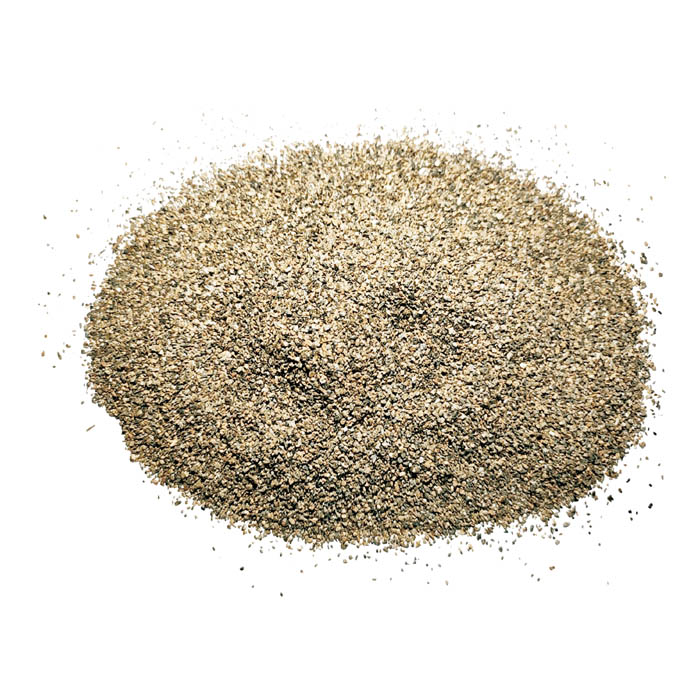Nov . 27, 2024 22:59 Back to list
Manufacturers of Moisture Absorbent Materials for Optimal Humidity Control Solutions
The Importance of Moisture Adsorbents in Various Industries
Moisture management is critical in numerous industries, ranging from pharmaceuticals and food processing to electronics and textiles. Among the most effective solutions for controlling humidity and preventing moisture-related damage are moisture adsorbents. These materials play a significant role in mitigating the effects of humidity, ensuring product quality, and maintaining operational efficiency.
Understanding Moisture Adsorbents
Moisture adsorbents are substances that can capture and hold moisture from the environment. They function through physical adsorption, where water molecules adhere to the surface of the adsorbent material. The effectiveness of these adsorbents is determined by their surface area, porosity, and chemical composition. Common moisture adsorbents include silica gel, activated alumina, molecular sieves, and zeolites. Each type has unique properties that make it suitable for specific applications.
Applications Across Industries
1. Pharmaceutical Industry In pharmaceuticals, moisture control is vital for preserving the efficacy of drugs. Many pharmaceutical products are sensitive to humidity, which can lead to degradation and reduced shelf life. Moisture adsorbents are employed in packaging to absorb excess humidity and maintain optimal conditions for stored medicines. This ensures that consumers receive safe and effective products.
2. Food Processing and Storage The food industry relies heavily on moisture adsorbents to prolong the shelf life of products. Moisture can lead to spoilage, mold growth, and deterioration of quality in packaged foods. By incorporating moisture adsorbents into packaging materials, manufacturers can significantly reduce moisture content, thereby enhancing food safety and freshness. For example, powdered foods, spices, and snacks often use silica gel packets to absorb excess moisture during storage and transportation.
3. Electronics In the electronics sector, moisture can be detrimental to circuit boards and other sensitive components. The presence of humidity can lead to corrosion and electrical failure. To combat this issue, manufacturers often utilize moisture adsorbents in packaging and storage solutions for electronic products. This not only protects the components but also enhances reliability and performance.
4. Textiles The textile industry also benefits from moisture management. Excess moisture can result in the growth of mold and mildew, damaging both raw materials and finished products. Moisture adsorbents are integrated into storage and transportation solutions for textiles to prevent moisture accumulation. This helps maintain the quality of fabrics, preventing discoloration and deterioration.
moisture adsorbents factories

Manufacturing of Moisture Adsorbents
Producing effective moisture adsorbents involves a sophisticated manufacturing process. Factories that specialize in these materials must ensure high-quality production standards. The production typically includes the following stages
1. Raw Material Selection High-quality raw materials such as silica sand or aluminum oxide are chosen based on the desired properties of the final product.
2. Processing and Activation The selected materials undergo processes like heating and chemical treatment to enhance their adsorptive properties. This step is crucial, as it increases the surface area and porosity of the adsorbents.
3. Formulation and Granulation The processed materials are then formulated into specific sizes and shapes, often turning them into granules or beads to facilitate ease of use.
4. Quality Control Stringent quality control measures are implemented to ensure that the moisture adsorbents meet industry standards. This may include testing for adsorption capacity, moisture retention, and chemical stability.
5. Packaging and Distribution Finally, the finished products are packaged and distributed to various industries, ensuring that they reach the end-users in optimal condition.
Conclusion
Moisture adsorbents are essential components in many industries, offering an effective solution for moisture management. By understanding the properties and applications of these materials, businesses can enhance product quality, extend shelf life, and prevent moisture-related damage. As manufacturing techniques continue to evolve, the development of even more efficient and innovative moisture adsorbents is likely, paving the way for greater reliability and safety across diverse applications. Whether in pharmaceuticals, food processing, electronics, or textiles, the role of moisture adsorbents is indispensable in maintaining industry standards and consumer satisfaction.
-
Eco-Friendly Granule Covering Agent | Dust & Caking Control
NewsAug.06,2025
-
Fe-C Composite Pellets for BOF: High-Efficiency & Cost-Saving
NewsAug.05,2025
-
Premium Tundish Covering Agents Exporters | High Purity
NewsAug.04,2025
-
Fe-C Composite Pellets for BOF | Efficient & Economical
NewsAug.03,2025
-
Top Tundish Covering Agent Exporters | Premium Quality Solutions
NewsAug.02,2025
-
First Bauxite Exporters | AI-Optimized Supply
NewsAug.01,2025
